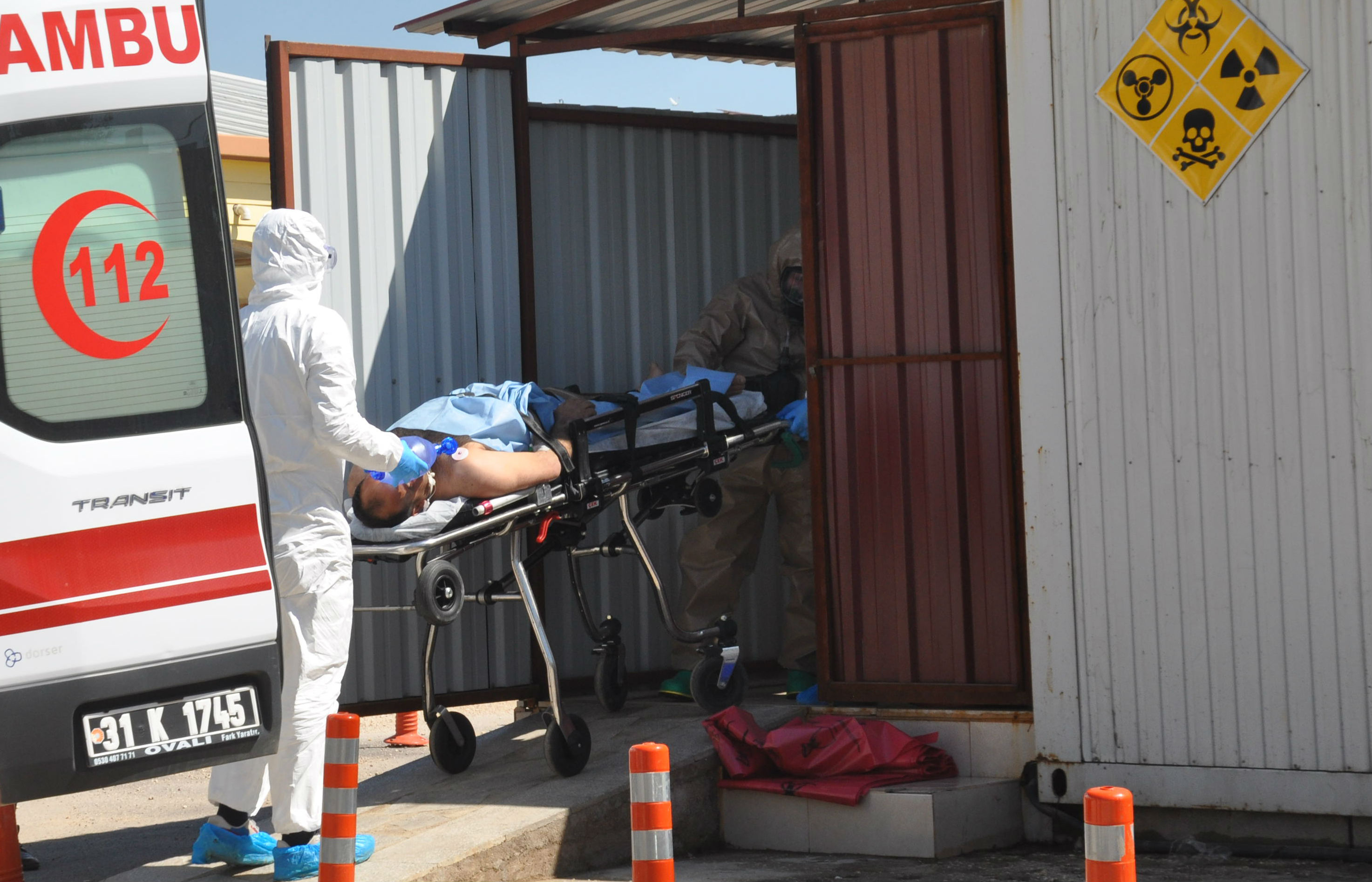Catholic aid agencies have warned that the international community must prioritise funds for longer-term development for Syrians forced to flee the country, as the bitter, six-year conflict in Syria shows no signs of ceasing.
In a joint report, presented at a conference hosted by the United Nations beginning in Brussels today, six aid agencies - including Cafod - argue that aid must be provided to the countries surrounding Syria, as more than five million - a quarter of the country’s pre-war population - flee into neighbouring countries.
Coinciding with the start of the conference, a suspected chemical attack in northern Syria saw 59 killed and hundreds injured.
Planes are reported to have dropped weaponry laced with unidentified chemicals on the rebel-held town of Khan Sheikhoun in the Idlib province this morning (4 April). Victims are said to be exhibiting symptoms resembling those caused by exposure to sarin gas.
If confirmed, it would be one of the deadliest chemical attacks in Syria since the civil war began six years ago.
The Syrian government has repeatedly denied using chemical weapons.
Calling for an end to “this terrible conflict,” Alan Thomlinson, Cafod’s Syria Programme Manager said:
"Deadly attacks, such as the alleged chemical attack in Idlib, result in even more deaths and people being forced to leave. Those who decide to stay, as well as the more than five million Syrian refugees seeking safety outside the country, all urgently need our support.
The Brussels Conference must deliver a new deal by providing more investment to neighbouring countries hosting refugees,” continued Thomlinson.
The majority of Syrian refugees are living in informal settlements established on agricultural land in Lebanon, in cramped flats in Jordan, and in housing with very basic necessities in Turkey, continued Thomlinson. They need jobs, education and healthcare.
The report highlights that livelihoods and social cohesion remain underfunded. With the right help from international donors, Syria’s neighbouring governments should develop policies that allow refugees to better support themselves financially without the risk of arrest by authorities. This would also allow refugees to contribute to the economy of the communities hosting them.
“Apart from jobs, there is also a need to lift legal and political barriers that put refugees outside the law and deprived them of educational opportunities as well as basic services such as healthcare. This is critical to offering, hope, safety and dignity to millions of refugees, ” he continued.
The EU estimates that about 13.5 million Syrians need humanitarian assistance inside the country, while another five million have fled, most to Turkey and other neighbouring countries.
The UN says 3.4 billion euros is needed for internal humanitarian aid this year, and 4.7 billion euros is required for the refugees.




 Loading ...
Loading ...